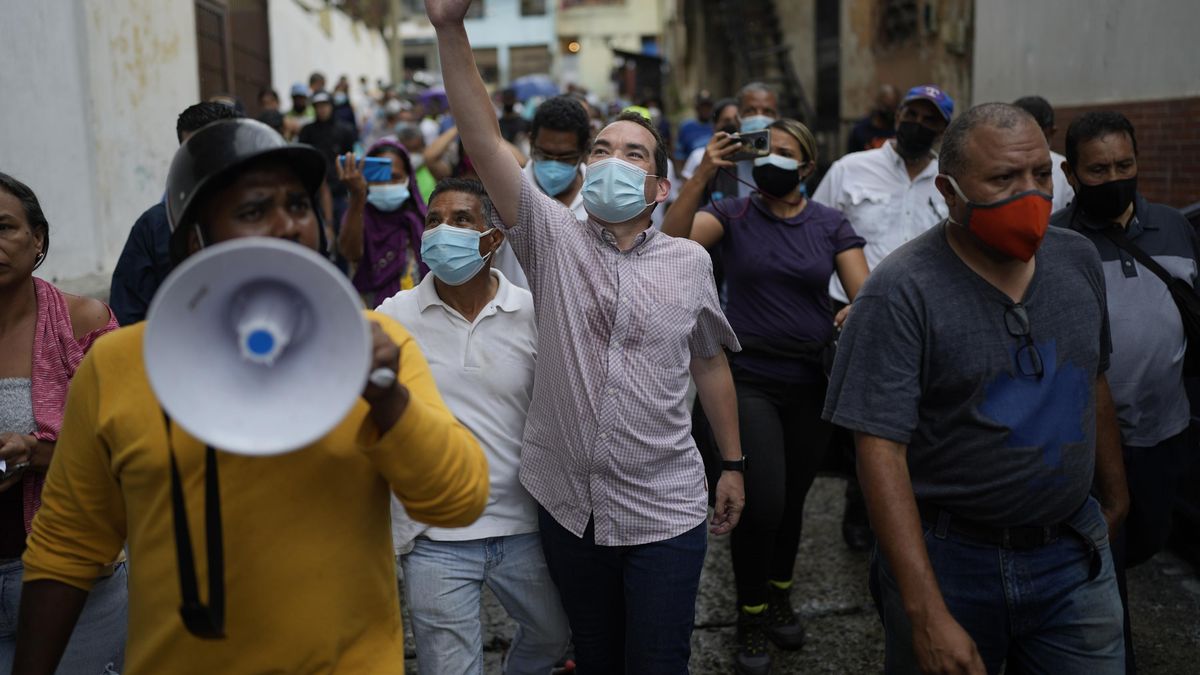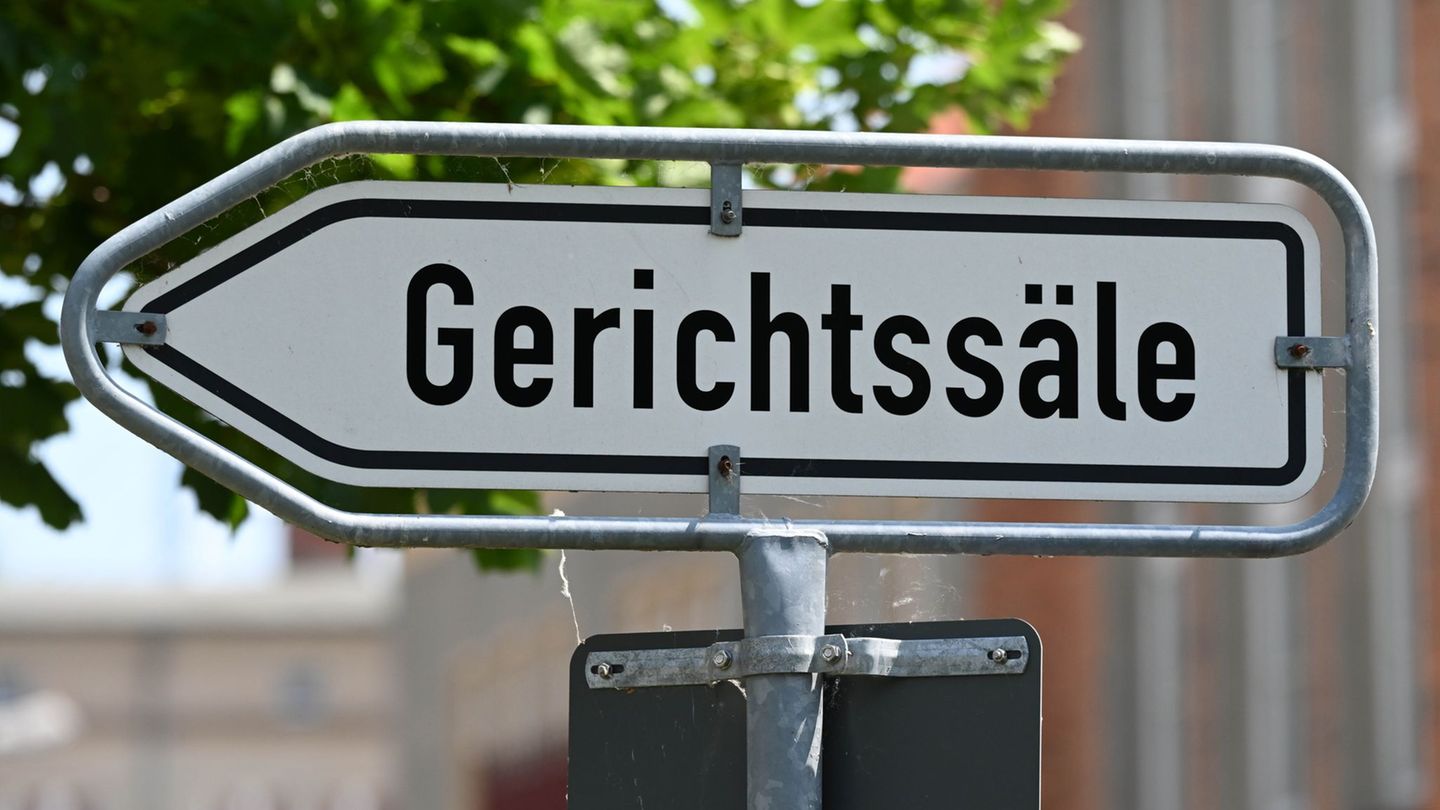The anti-Chavista opposition has abstained from going to the polls for the last four years, arguing the impossibility of a fair vote due to the manipulation of votes, the prohibition of candidacies and intimidation by groups of clashes loyal to the president Nicolas Maduro, known as collectives.
But given the failure of the US sanctions that sought to remove Maduro from power and the presence of electoral observers from the European Union, the main opposition political parties have decided to return to the polls.
In the November 21 elections, in which some 21 million registered voters will participate, they will be elected 3,082 positions among governors, mayors and municipal councils throughout Venezuela.
The Guarataro, a community in the west of the capital, has been considered a stronghold of the ruling party. For years the neighborhoods of Caracas were fiefdoms of the late former president Hugo Chávez and Maduro.
In that area, Palacios, a 50-year-old activist who is running for the position of councilor in Caracas, and other opposition candidates encountered no resistance from Chavista supporters.
The popularity of the ruling party has been eroded by years of hyperinflation, corruption and economic collapse, exacerbated by US sanctions and the coronavirus.
“What did I tell you? What did I tell you?” Said Palacios at the top of an electoral walk through El Guarataro. “This is not from Chavismo,” he pointed out through his mask amid the din of music. She along with the also aspiring councilor, Adriana Aguilera, were on a tour with the opponent, Tomás Guanipa, candidate for mayor of Caracas.
https://twitter.com/TomasGuanipa/status/1460949246392377347
But the greater access of the opposition does not guarantee their victory. Its leadership is deeply divided, three of the four main opposition parties lobbied to go to the elections, while other small organizations insist that there are no guarantees of a fair election.
Venezuela’s opposition parties have seen their political influence curtailed by the Maduro government, which in 2017 created a rival government-controlled Assembly to “restore peace” after months of protests.
The opposition, which was in the 2017 regional elections, later ruled out its participation in the 2018 presidential vote and in the 2020 parliamentary elections.
Now the presence of electoral observers from the European Union, for the first time in 15 years, would have contributed to reducing political tensions, said Andrés Caleca, a political analyst and former president of the National Electoral Council (CNE).
“That explains, for example, that Guanipa gets into a neighborhood or any other, and the groups don’t appear,” Caleca said. “Where are the colectivos? Hidden. Hidden because there is an international observation mission,” he added in a dialogue with Reuters.
Among the political organizations that will be in Sunday’s elections is Popular will, the opposition party Juan Guaidó, who is recognized as the legitimate leader of Venezuela by Washington and several Western allies who question Maduro’s re-election in 2018.
The government “is playing an advertising arrope. That there is no electoral environment (from before), it wants abstention,” he said. Henrique Capriles, a former opposition presidential candidate, during a tour of the central state of Miranda, where he accompanied opposition candidates.
In previous elections, such as the legislative vote in 2015, high turnout led to advances by the opposition. Datanalisis, a local consulting firm, estimated in October that if abstention exceeds 55%, the ruling party would win 18 of the 23 state governorships.
The internal fractures of the anti-Chavista parties have intensified in recent months precisely because of whether or not they should attend election day. Those divisions are an Achilles heel to win beyond the four governorates, of the 23 in dispute, which he won in 2017.
The minimum for the opposition would be to get the same number of governorships, four, “but I do not see anywhere a resounding triumph of the opposition“winning a greater number of states, Caleca noted.
In the campaigns of the ruling party, security and the deployment of resources is remarkable, compared to most of the opposition candidates.
The victory of Carmen Melendez In Caracas, a retired admiral from the Navy and seen as a member of the government leadership, as well as other pro-government candidates, is taken for granted due to the powerful electoral machinery of the ruling party. Although diminished compared to past elections, it remains highly efficient in the face of opposition fractures, Caleca added.
Source From: Ambito
David William is a talented author who has made a name for himself in the world of writing. He is a professional author who writes on a wide range of topics, from general interest to opinion news. David is currently working as a writer at 24 hours worlds where he brings his unique perspective and in-depth research to his articles, making them both informative and engaging.




